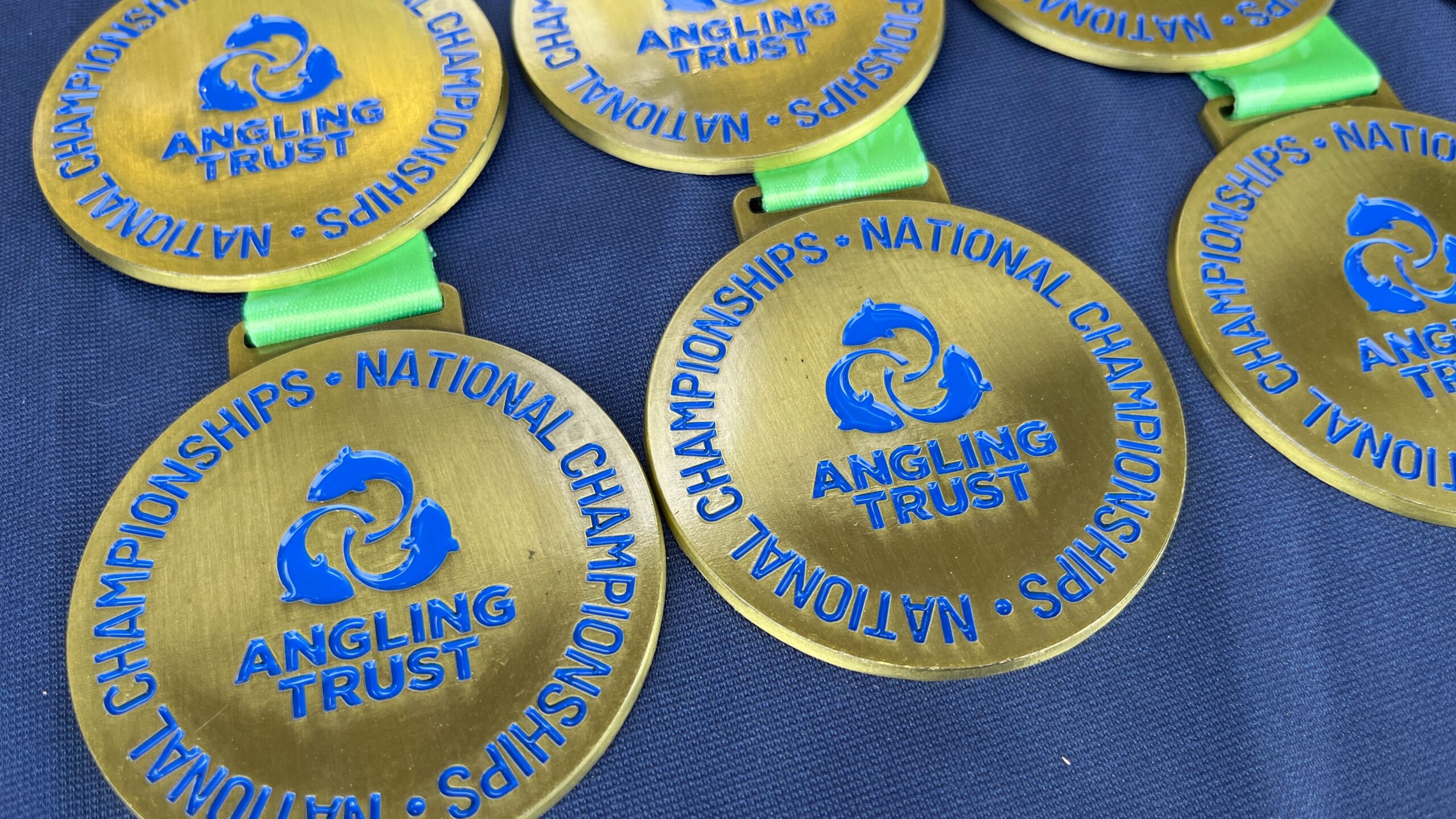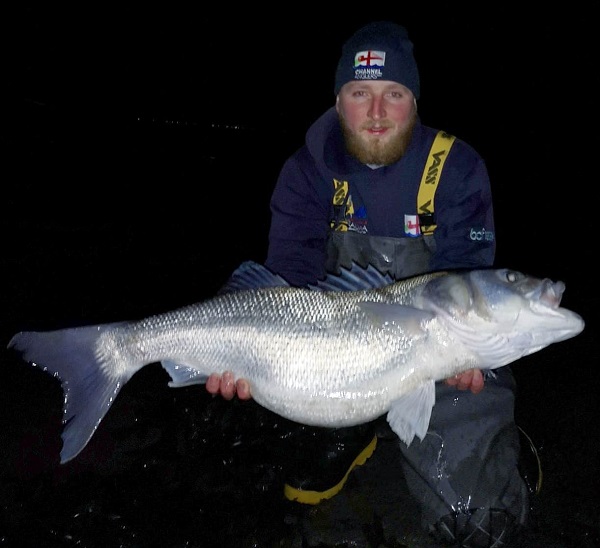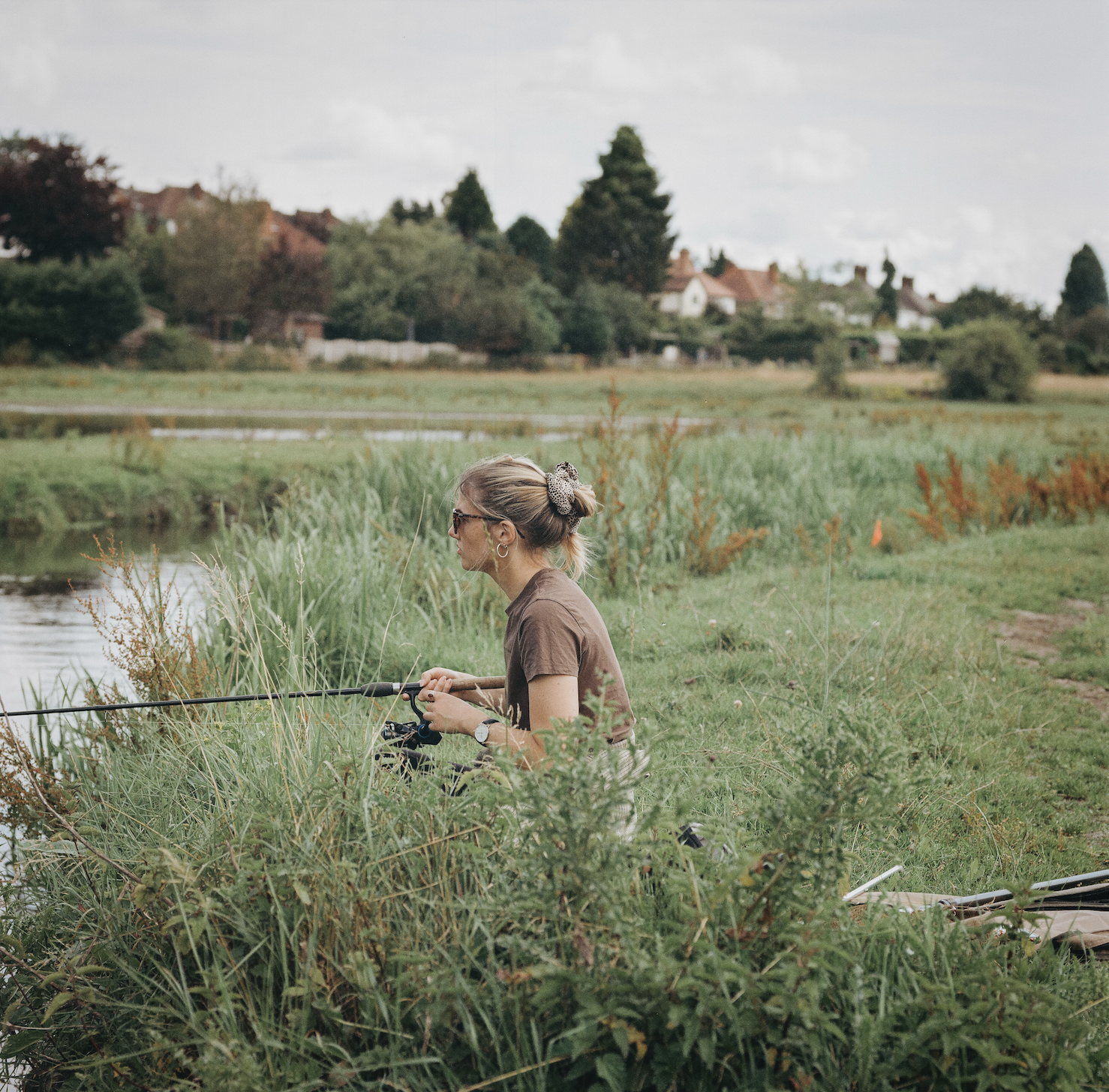
Anglers Against Pollution
Angling Trust’s response to Water Industry Special Measures Bill
The Angling Trust has welcomed the measures outlined in today’s Water Industry Special Measures Bill.
The Bill will give the Environment Agency (EA) more resources to regulate the UK’s failing water industry which last year was responsible for discharging untreated sewage into the nation’s rivers, waterways and coasts for a staggering 3.6 million hours.
However, the Trust has warned the government will need to go much further if Britain’s sewage scandal is to be resolved and will be joining with other environmental groups in calling for a root and branch review of the industry, and how it should be reformed and regulated in the future.
In a hard-hitting blog ‘It’s the Water Stupid’, published ahead of the general election, the Angling Trust set out 12 challenges for the new government to address the deteriorating condition of Britain’s rivers caused in part by the crumbling waste water network and the failure to build in capacity to cope with the challenges of both a growing population and climate change. The Trust also called for new regulatory powers and resources for the Environment Agency to enable a step change in the number of prosecutions that occur each year as a deterrent to polluters.
The Water Industry Special Measures Bill, which was laid before Parliament today, contains a much-needed provision to allow the EA to recover the costs of prosecution and enforcement from the water companies rather than the taxpayer. Figures from last year’s Environmental Performance Assessment revealed 2,174 pollution incidents involving water companies, 47 of them very serious of which 38 were from just three water companies – Thames Water, Southern Water and Anglian Water. Yet just four prosecutions took place in the entire year due to lack of resources.
The length of time it is currently taking to bring polluters to court is another reason that reform is long overdue. These delays are primarily due to a lack of staff resources, something it is hoped that the new cost recovery regime will address.
In July 2023, Thames Water was fined £3.3 million for polluting a section of the River Mole near Gatwick Airport in October 2017 – a delay of six years. Some 1,400 fish were killed and the incident decimated fish populations on the Gatwick Stream and impacted the ecology of the river far beyond into the catchment of the River Mole. Other recent examples include the four years it took to prosecute Yorkshire Water for polluting the Bradford Beck in 2018, and the seven years to conclude action against South West Water for serious pollution offences on multiple sites that begun as far back as 2016.

Jamie Cook, CEO, Angling Trust commented:
“The angling community have been at the forefront of calling for tougher regulation, so we welcome the long overdue introduction of the principle of cost recovery from polluters in the new Bill along with the other measures to increase penalties, create transparency and improve corporate conduct in the broken water industry. Wherever possible it should be the polluter that pays rather than the taxpayer. However, this can only be regarded as a first step, and we look forward to seeing more transformational change and a root and branch upgrade of Britain’s creaking and leaking wastewater infrastructure.”

Martin Salter, Head of Policy, Angling Trust commented:
“We need the EA to become a bulldog instead of a lapdog to the water industry and we hope these long overdue and much needed reforms will reset that relationship. The government also needs to accept that the entire sector is broken and simply unfit to deal with the 21st century challenges that arise from a growing population in an era of climate change and extreme weather patterns.
“The Angling Trust wants to see the huge fines that are rightly levied on polluting water companies used for solving problems and not as another windfall tax for the Treasury. They could be used to direct specific capital investment, to repair habitat and to fund better regulation. Polluters must be held responsible for fixing their own mess.”
To Support the work of The Angling Trust – JOIN NOW
Read more about our Anglers Against Pollution Campaign Here
Donate to support our work Here
You might also like

Angling Trust 2024 National Coarse Competitions Overview

Anglers represented at inaugural Bass Fisheries Management Group meeting…

TEAM SAUL PAGE TACKLE WIN ANGLING TRUST TEAMS OF…

The Mighty Trent: A love letter to Britain’s greatest…

The Environment Agency and Angling Trust Get Fishing Fund…

New Fisheries Support Service launched to help clubs and…

March for Clean Water – join us on Sunday,…

Angling Trust welcomes largest review of water companies since…

ENGLAND WIN SILVER, RINGER TAKES GOLD, AND MASTERS FINISH…

‘Lady of the Stream’ photographer Amber Banks Brumby captures…

ANGLING TRUST APPOINT NEW MANAGER FOR ENGLAND DISABLED TEAM









